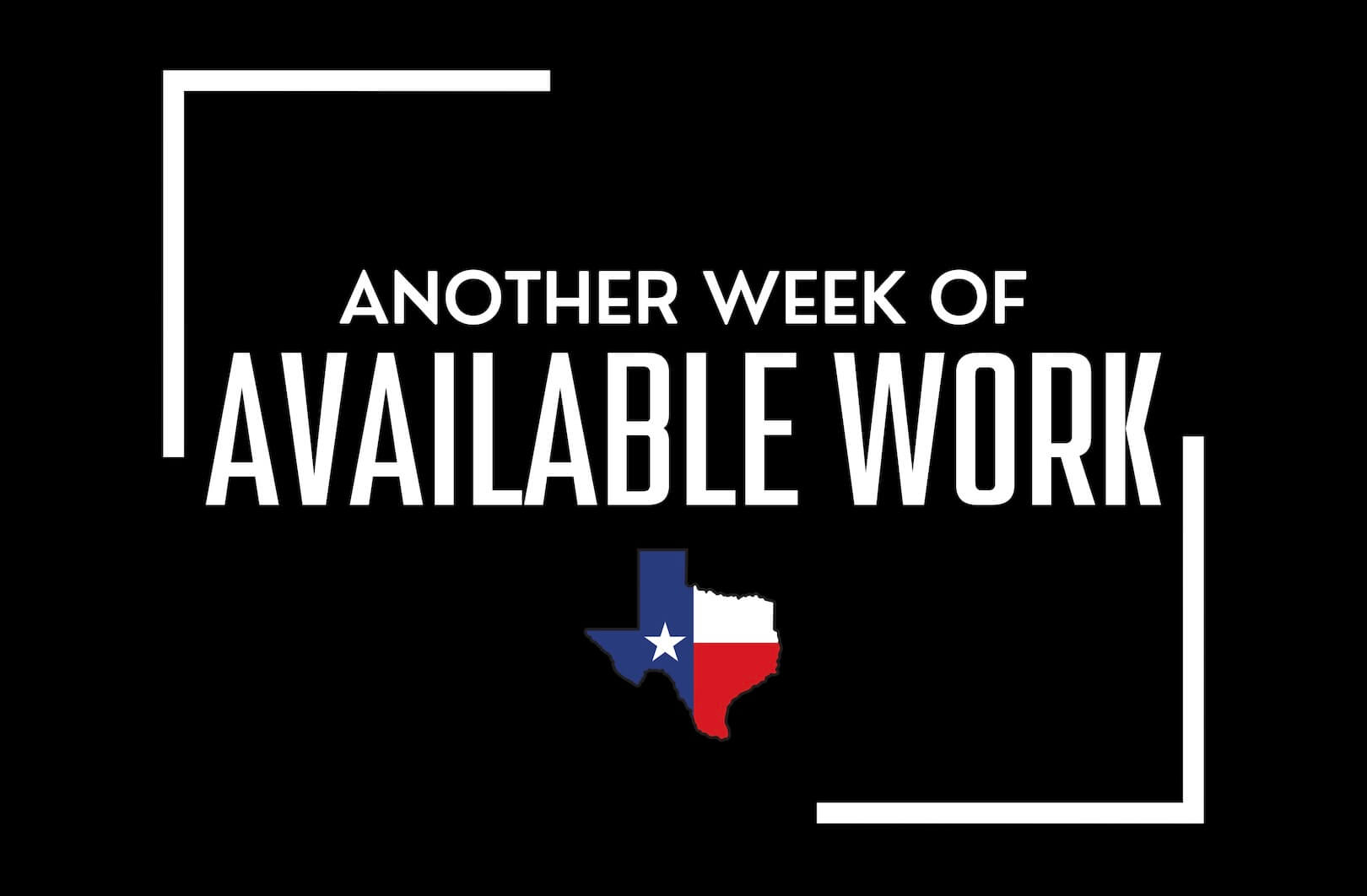Another Week of Available Work: Your First Line of Defense
Think of a policy handbook as both a sword and a shield. It helps you communicate expectations clearly to your team while also protecting your business in the event of a dispute. Jikku explains that having policies in writing ensures fairness and consistency—two things that go a long way when managing people and protecting your company.
What Should Be in Your Handbook
Whether you’re writing your first policy handbook or updating an old one, it’s important to include the right sections—clearly, consistently, and in compliance with Texas and federal employment laws. In this episode, Jikku John outlines several key areas that every employer should cover:
- Work Hours and Attendance: Define expectations around schedules, breaks, overtime, and tardiness to avoid confusion and potential wage disputes.
- Code of Conduct: Set standards for workplace behavior, dress code, use of company property, and other professional guidelines.
- Disciplinary Procedures: Clearly outline how violations of company policies will be handled, including warnings, investigations, and termination processes.
- Anti-Discrimination and Harassment Policies: Include statements that align with state and federal laws to protect your employees and your business.
- Wage and Hour Policies: Address how employees are classified (exempt vs. non-exempt), how they are paid, and how time is tracked.
- Paid and Sick Leave: Detail any paid time off, vacation, or sick leave policies—especially what’s offered, how it’s accrued, and how employees can request time off. Even if you’re not required to provide paid leave, transparency is key to avoiding misunderstandings and legal exposure.
- Unemployment and Separation Information: Explain the process if an employee leaves the company—voluntarily or involuntarily—and what documentation the business retains to support unemployment claims.
Jikku emphasizes that your handbook should not only explain what the rules are but also how they’re enforced. This is especially important if your policies are ever reviewed in connection with an unemployment insurance claim, lawsuit, or government audit.
Consistency Is Everything
A handbook only works if it’s followed. Jikku emphasizes that one of the biggest mistakes employers make is being inconsistent with enforcement. If you make a rule, you need to apply it equally across the board. Doing otherwise could open you up to legal risks—and erode trust within your team.
Also, handbooks should evolve. If your business changes, your policies might need to as well. Review your handbook regularly and make sure any updates are shared with your staff.
Where to Start
Not sure where to begin? You’re not alone—and you don’t have to go it alone either. The Texas Workforce Commission offers support, sample resources, and legal guidance to help employers build strong, legally sound handbooks. Joe, Bonnie, and Jikku all stress that TWC is here as a partner to help businesses succeed and stay compliant.
Why It Matters
This episode is a must-listen for any employer who wants to protect their business and avoid unnecessary expenses. A clear, consistently enforced policy handbook not only helps foster a better workplace culture—it also reduces your risk of disputes, claims, and costly legal issues that can impact your unemployment insurance tax rate.
When a termination is challenged or an unemployment claim is filed, your documentation plays a critical role. If your policies aren’t clear or you haven’t enforced them fairly, you could be on the hook for paying benefits—and that can directly affect the tax rate your business pays into the unemployment insurance system.
By proactively creating a strong, up-to-date handbook, you’re not just setting expectations—you’re protecting your business’s reputation, finances, and future.
Listen to the full episode of Creating an Effective Policy Handbook with Jikku John on Another Week of Available Work and start building a stronger foundation for your business.

